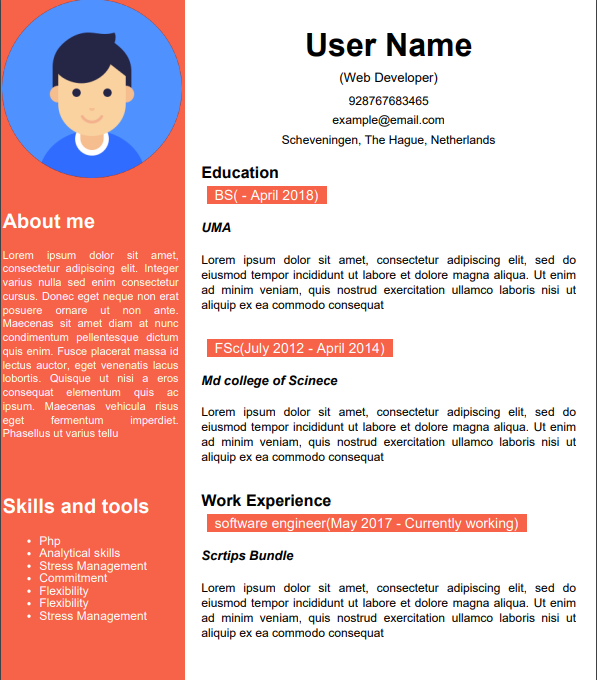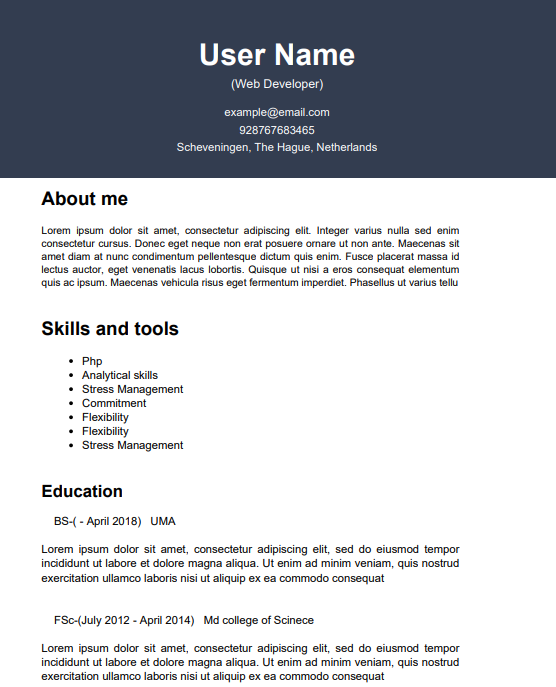How does the Holy Month Of Ramadan affect football players and staff globally?
How does the Holy Month of Ramadan affect football players and staff globally?
The holy month of Ramadan, during which Muslims fast from sunrise to sunset, can have a significant impact on football players around the world. For Muslim football players, this means not consuming food or drink during the daylight hours and observing other religious practices.
During Ramadan, football players may have to make sacrifices in terms of their training and performance. Fasting can cause dehydration and fatigue, which can affect a player’s energy levels, endurance, and physical strength. To mitigate these effects, players may have to adjust their training schedules to avoid the hottest part of the day and focus on recovery and hydration.
To maintain their fitness and performance, Muslim football players may also have to make adjustments to their diets. They typically break their fast with a meal called Iftar, which is usually consumed after sunset. This meal should provide enough energy and nutrients to sustain them through the next day of fasting. Many players will also eat a pre-dawn meal, called Suhoor, before the start of the fast.
Prayer is also an important aspect of Ramadan, and many Muslim football players will set aside time for this during the day. This may involve breaking from training or games to perform their daily prayers. Some teams and organizations may also make accommodations for players to fulfill their religious obligations.
Examples of Muslim football players who observe Ramadan during their careers include:
- Adama Traore
- Mohamed Salah
- Paul Pogba
- Karim Benzema
- Ansu Fati
- Eden Hazard
- Granit Xhaka
- Ousmane Dembele
- Riyad Mahrez
Ramadan can have a significant impact on Muslim football players, who may have to make sacrifices in terms of their training and performance during the holy month but how do coaches manage that?
Tunisian UEFA A coach Selmen Sassi has worked both in Europe and the Gulf, managing Muslim players in both regions. He explains how Ramadan affects him personally :
Ramadan is the ninth month in the Islamic calendar, which follows a lunar system and changes every year. Over the past few years, Ramadan has fallen in the summer season, which has made fasting particularly challenging. The fasting period starts at around four in the morning and ends at around eight in the evening. As a coach, this period has helped me develop my determination, mental strength, and planning skills.
Preparation for the next day starts at sunset when I can break my fast with a drink. I carefully plan my hydration and food intake to keep myself energized throughout the day. I also make adjustments to my daily routine, such as completing my office work straight after the morning prayer at 5:30 am, followed by a short nap to refuel.
When fully focused, I find that the physical and mental challenges of fasting become easier to manage. Ramadan has many meanings, one of which is to experience the daily struggles that many people face, such as working in extreme heat without access to food or water.
Selmen understands first hand that changes need to be made to training schedules and workload during the Holy Month,
As a coach of Muslim athletes, I understand the challenges they face during Ramadan. I adjust their training schedules to accommodate their fasting, focusing on technical work and preparation. With mental readiness and proper preparation, fasting during training is very achievable
In conclusion, Ramadan is a month of great spiritual significance for Muslims around the world. Fasting during Ramadan can be a physically and mentally challenging experience, but it also provides an opportunity for personal growth and development. Ramadan develops important skills in individuals such as determination, mental strength, and effective planning. By understanding the challenges that Muslim athletes face during Ramadan, clubs have been able to adjust their training schedules to help them maintain their physical fitness and achieve their goals. Overall, the experience of fasting during Ramadan teaches football players and staff alike, important lessons about resilience, discipline, and the power of faith.



